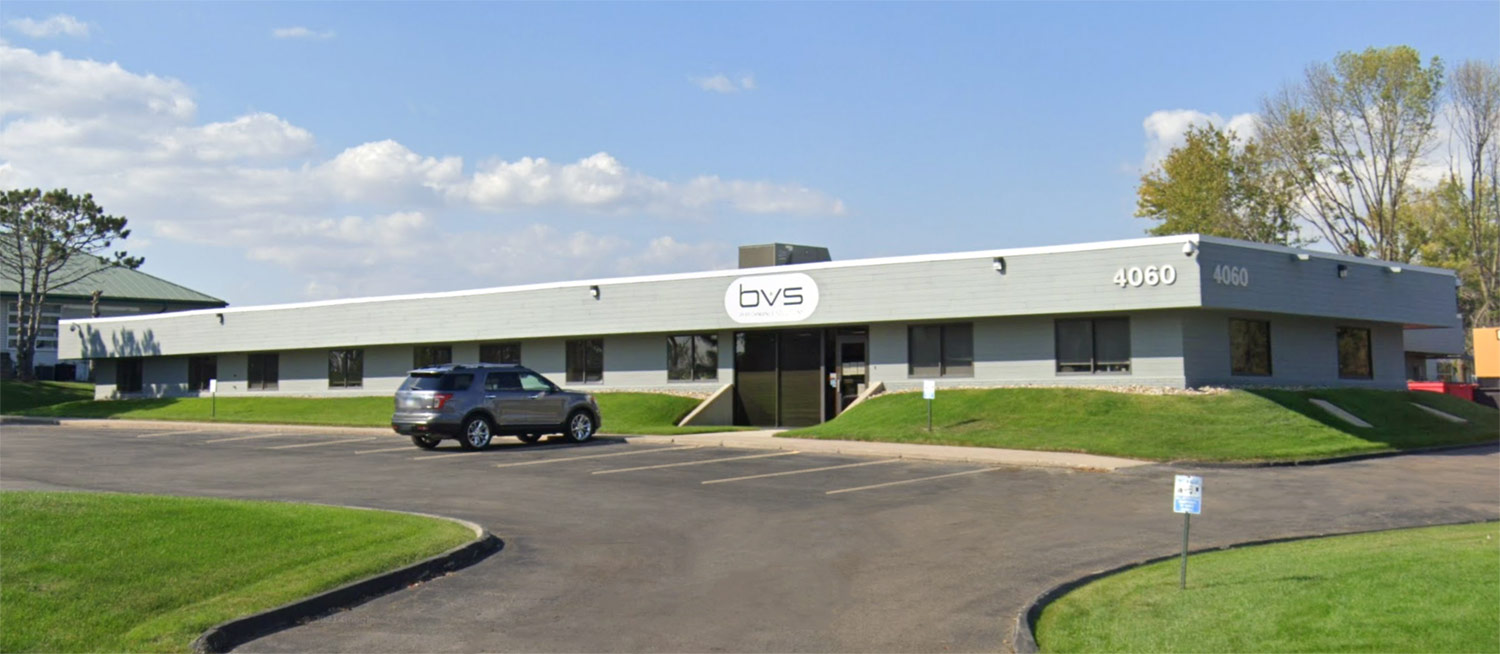August 25, 2022
It's Not About Training; It's About Learning
by Amy Neale, Marketing Manager, BVS Performance Solutions
If you care about supporting your most valuable asset — your employees, this blog is for you. Ideally, this means your focus is on encouraging and/or creating a learning culture, not a training culture. What's the difference and why should it matter?
A learning culture is defined as an environment where learning is encouraged, prioritized, and valued. Coworkers share their knowledge and skills freely and understand everyone is willing to help each other learn, which transforms an organization to one that's more sustainable and adaptable.
In a training culture, your staff is essentially training to test, and it enables you to provide proof for the inevitable examiners. While many organizations get by in this manner, it won't bring out the best in your people.
What matters most in a learning culture are the knowledge and skills that are acquired and implemented and how they contribute towards the organization's overall goals. In short, it's not about the tests and the employee output, it's about what your staff gleans from learning and how it can positively affect them, their teams, and your organization as a whole.
What do you want them to learn? What do they want to learn?
What they and you want them to learn determines how that knowledge is delivered/gained. Lots of options here. First and foremost, establish a learning plan with each employee. Where are they now? Where would they like to be? What's the career path? How can they get there? What this tells an employee is that they and their growth are valued. Opportunities to learn and grow are basic to preventing turnover.
Mentoring is one of the most supportive learning techniques. Having the opportunity to grow through discussions with an expert — someone who has been there, done that — is priceless.
Courses that are delivered in different and engaging ways will go a long way in mitigating the feeling of 'mandated training' as punishment. Perhaps there is something to be learned here! Does your staff have the opportunity to choose some courses/workshops both inside and outside your formal training program?
Another important factor in supporting a learning culture is ensuring your employees have time set aside to learn. Employees typically only have about 1% of their workday to devote to professional development. That works out to less than five minutes a day. Let your team know that learning 'is' a job requirement. Time to learn is an investment that will pay off.
Constructive feedback is another way to foster a learning culture. Oftentimes, making an employee aware of a knowledge gap can trigger curiosity about ways to gain that knowledge. Be sure that those learning opportunities are easily available to them.
Finally, hire curious people. By maximizing the fit between their interests and their role, you'll boost both their motivation and their performance.






 Call 800.553.5972
Call 800.553.5972


